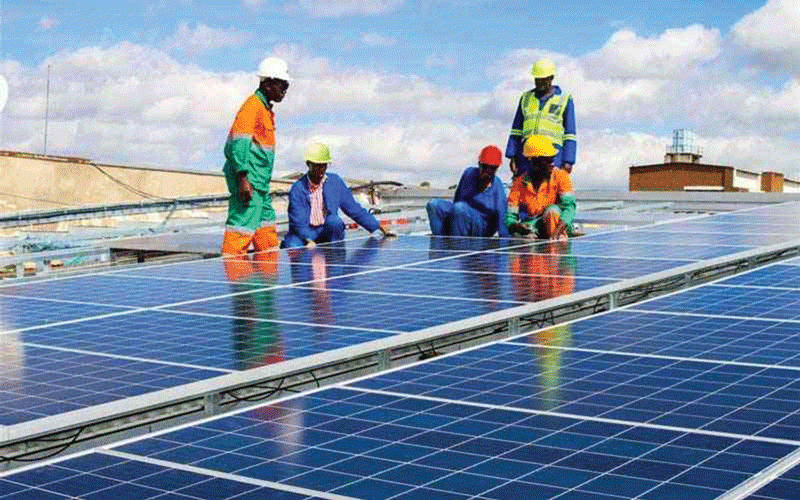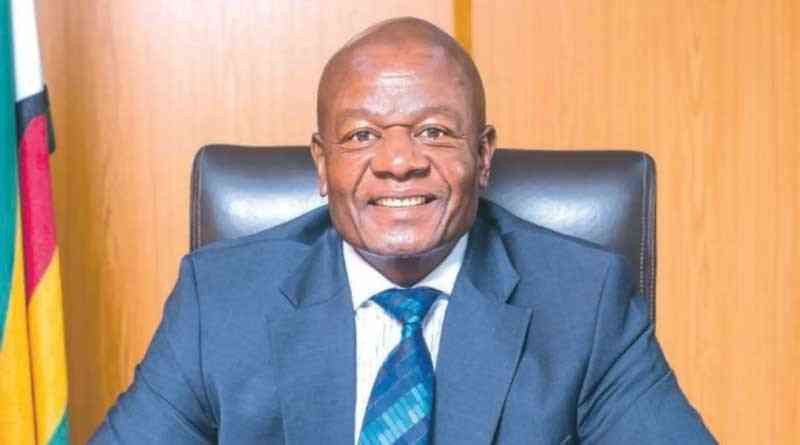
EXPERTS have urged companies to register for International Renewable Energy Certificates (IRECs) in a bid to boost their competitiveness and attract investors.
IRECs are certificates that represent the environmental attributes of one megawatt-hour (MWh) of electricity generated from a renewable energy source.
IRECs are used to track and verify the production and consumption of renewable energy and are tradeable instruments.
Speaking at the just-ended International Renewable Energy Conference and Expo in Victoria Falls last week, Silver Carbon managing director and co-founder Owen Mutero said the firm was making strides in registering companies to trade IRECs.
The executive is also a partner of the Zimbabwe Renewable Energy Certificate (ZIMREC), a robust platform launched in March for renewable energy power generators, corporations and other stakeholders to trade RECs.
RECs are typically associated with specific national or regional markets, while an IREC is a globally recognised standard, tradeable across various regions and countries.
“So, through a carbon partnership, we have carbon training and with the support and endorsement of the Ministry of Energy and Power Development, we launched the ZIMRECs platform,” Mutero said.
“Basically, on this platform, we are facilitating the registration of renewable energy plants, devices and we got the framework that’s needed to register these plants, to create the renewable energy certificates and to train them.”
- Register for renewable energy certificates: Experts
Keep Reading
He noted that several advantages came with the certification.
“IRECs can increase the bankability of renewable energy projects by providing a standardised and transparent way to verify the environmental benefits of the project,” Mutero said.
“IRECs can be used as collateral or as a way to demonstrate the environmental credentials of a project, making it easier to access green financing options.
“The use of IRECs can increase investor confidence in renewable energy projects by providing a clear and transparent way to track and verify the environmental benefits of the project.”
He said IRECs were different from carbon credits.
“So, there is a difference between carbon credits and International Renewable Energy Certificates. Carbon credits measure the reduction, removal, or avoidance of carbon dioxide emissions. Projects like reforestation or renewable energy can earn carbon credits, which help reduce direct and indirect emissions,” Mutero said.
“Then International Renewable Energy Certificates represent energy produced from renewable sources, measured in megawatts. RECs help reduce scope CO₂ emissions, specifically those related to power sources.”
“In short, carbon credits focus on reducing emissions, while IRECs focus on promoting renewable energy production.
“Both play important roles in supporting a low-carbon economy,” Mutero said.
Enviro Roundtable executive director Ivan Manyonga said that for IRECs, there was the International Tracking Standard Foundation, which was a system that checked and verified the renewable generation around the world.
This, he added, allowed companies to demonstrate their commitment to using RECs.
“So, there is the International Tracking Standard Foundation, which is a board that was appointed to be able to accredit Zimbabwe to be able to issue IRECs,” Manyonga said.
“So, the International Tracking Standard Foundation has some criteria that it follows for a country to be able to issue these International Renewable Energy Certificates.”
He said the first thing that was required was a country assessment report, which detailed the potential for a nation in terms of renewable energy and in terms of its policies in supporting renewable energy generation.
The oversubscribed conference was organised by The Standard in conjunction with the Energy and Power Development Ministry.
The Standard is published by Alpha Media Holdings alongside NewsDay and Zimbabwe Independent. AMH also operates the tele-radio station Heart & Soul TV.










